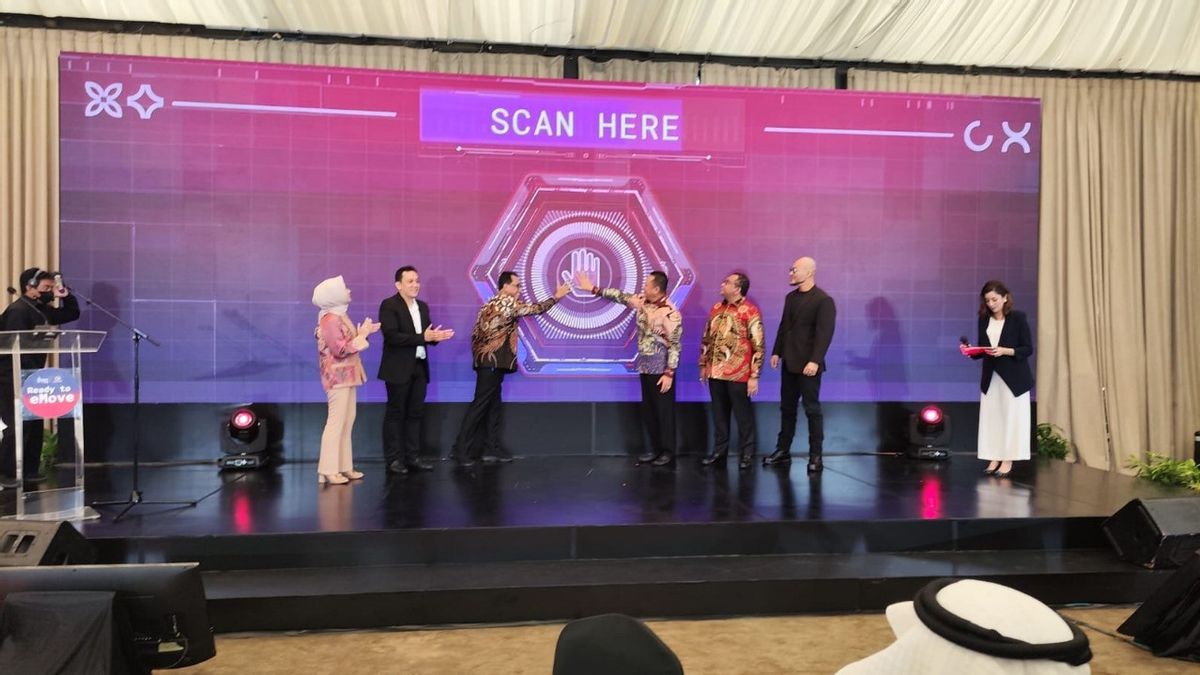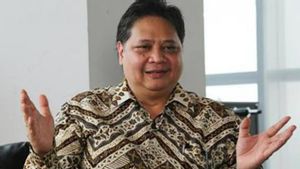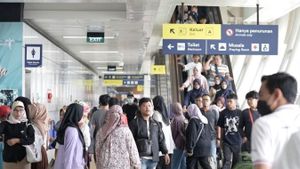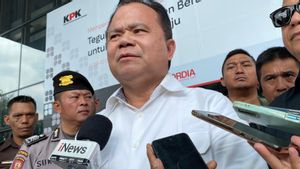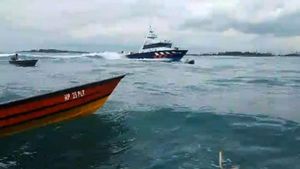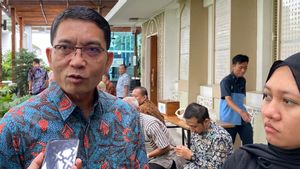JAKARTA - The Task Force Energy, Sustainability and Climate Business 20 (TS ESC-B20) fully supports the development of the electric vehicle ecosystem in Indonesia through the policy recommendation and policy action in the energy sector.
Task Force Energy, Sustainability and Climate Business 20 consisting of 8 Co Chairs from the global energy industry and 150 more executives from G20 countries have produced three pillars of recommendation, namely; first, accelerating the transition to sustainable energy utilization by reducing carbon intensity; secondly ensuring a just, regular, and affordable transition to sustainable energy use; thirdly increasing public access to consume clean and modern energy.
"In strategic discussions around the policy recommendation that we developed in the Task Force Energy, Sustainability and Climate, one of which we also emphasized the important role of electricity vehicles in the energy transition," said Chair of TF ESG Nicke Widyawati in a statement to the media, Thursday, October 6.
In Focus Group Discussion in collaboration with the Presidential Special Staff of the Republic of Indonesia, Nicke Widyawati explained, one of the efforts to achieve the Indonesian government's target in the Nationally Determined Contribution (NDC) to increase emission reduction and achieve Net Zero Emission by 2060 rests on the energy sector, where the implementation of electric vehicles will play a key role.
According to him, according to President Joko Widodo's direction, it is targeted that in Indonesia at least 2 million electric motorcycles will be used on the road by 2025 and around 13 million electric motorcycles will be used in 2030.
"The government has issued several regulations to facilitate and accelerate the use of electric vehicles," added Nicke.
TF ESC B20, continued Nicke, has also compiled several policy actions to support the acceleration of the development of electric vehicles, namely:
1. policy action 1.1 is increasing the rate of increase in energy efficiency in the transportation, building and industrial sectors;2. Policy action 1.4 namely progressively increasing the number of potential and ease of access to financing to developing countries to accelerate the energy transition; 3. Policy Action 2.3 which is to help prepare the energy transition by ensuring the ability of human resources to accommodate changes such as transfer knowledge, upskilling, and workshops;4. Policy action 2.4 is to ensure that mining practices of essential minerals are sustainable for energy transition technology; 5. Policy Action 3.1 is to accelerate the spread of integrated energy access solutions including off-grid with community participation and grid-based electrification to expand energy access and improve a prosperous economy.
Nicke said, in encouraging the use of electric vehicles that are right on target and realizing the benefits of socio-economics broadly from the use of electric vehicles, support from various stakeholders is needed to overcome various obstacles in consumers adopting electric vehicles, capturing opportunities for industrial growth, and protection from the risks that may arise.
As one of the business entities in TF ESC B20, Pertamina has also demonstrated its commitment to developing an electric vehicle ecosystem by joining the Indonesia Battery Corporation (IBC), which is a joint venture company for SOEs that will operate to produce EV batteries.
In addition, Pertamina has operated 6 Public Electric Vehicle Charging Stations (SPKLU) spread across DKI Jakarta and Bali.
Currently, Pertamina also has 238 GES that have solar panels installed, 6 Charging Stations for charging electric cars, and 14 Battery Swapping Station units for exchange of electric motor batteries.
Pertamina targets that later all outlets, both downstream and upstream, will be increased from new and renewable energy.
"For this reason, synergy is needed between stakeholders in the electric vehicle industry, starting from the government, manufacturers, users of electric vehicles, and associations as a platform for exchanging ideas and evaluation of industrial developments," concluded Nicke.
The English, Chinese, Japanese, Arabic, and French versions are automatically generated by the AI. So there may still be inaccuracies in translating, please always see Indonesian as our main language. (system supported by DigitalSiber.id)
